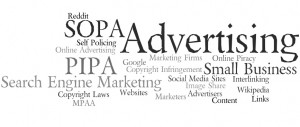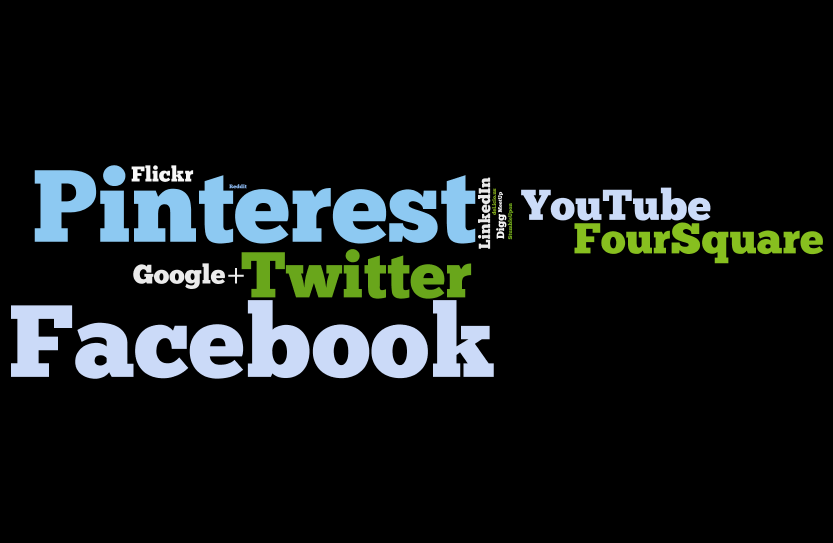By now we all know that the Stop Online Piracy Act (SOPA) House of Representatives bill, as well as its Senatorial counterpart, the Protect IP Act (PIPA) have been delayed in Congress after a public outcry last week and a “blackout” by sites such as Wikipedia, Reddit, and Google.
While many are happy about the bills being delayed (with the notable exceptions of organizations such as the Motion Picture Association of America), one aspect of SOPA and PIPA that did not receive much media attention are how the two bills would affect marketers and advertisers.
The most immediate impact would of course be for Internet marketing firms, but there would be a definite trickle effect over to pretty much any type of online marketing firms. What exactly are the implications?
For starters, the bills as written would require websites to supervise their users to a significantly higher level than they presently do. Currently most sites implement a form of “self-policing”, wherein users are asked to supervise themselves, but a website can shut down an individual’s access to their site and delete his or her profile if there is a violation of the website’s policy. Based on the language included in the SOPA and PIPA bills, an entire website could be shut down due to the actions of one individual on the site.
As Tim Greening notes in his article on The Gentleman Marketer:
“Especially for an online encyclopedia like Wikipedia, this poses various problems. In keeping with its encyclopedic background, the site tries to remain neutral in any information that is created on the site. If SOPA and PIPA were passed through Congress then Wikipedia would need to censor any information posted and start acting as an advocate for social and political issues; which goes against the very nature of the website.”
Besides large content sites such as Wikipedia, the two bills do have sweeping implications for small and mid-sized businesses as well. An in-depth look at these implications can be found over at Optimum7.com, but include a decrease in the interlinking between sites as content generators become fearful of accidentally violating SOPA regulations simply from linking to another source. This has huge implications for search engine marketing. Google indexing could also be affected as Google would need to verify every single site they index to ensure that none of them somehow violate any copyright laws.
People who share images, videos, clips, TV ads and any other type of content on their social media sites (so, basically, anyone who uses social media in some form) would also be affected as individuals would run the risk of being sued.
Before you think this might be small potatoes, note that industry executives has said that “It will cost ad networks, payment processors, hosting services, search engines and others in the online advertising supply chain estimated billions to monitor content and links embedded on Web pages to comply with proposed Stop Online Piracy Act (SOPA) and Protect IP Act (PIPA) U.S. legislation.”
As an example of how things could play out, Laurie Sullivan at MediaPost writes:
“If Amazon refuses to shut down a Web site hosted through its cloud services after a client is accused of copyright infringement that business unit could be in jeopardy of being sued or shut down too. Amazon becomes liable for damages through the legal court process if they choose not to take down the site.”
Online piracy is definitely a huge problem and needs to be dealt with. We are strongly against online piracy, but, as Duran Inci points out, the “biggest concern is that SOPA is just so very broad in scope. In the name of limiting software piracy…it sets up all kinds of obstacles and traps to online publishing.” Those obstacles and traps don’t just punish people who are illegally obtaining content, but they affect marketers both large and small who are trying to run legitimate businesses.
Comments are closed.




